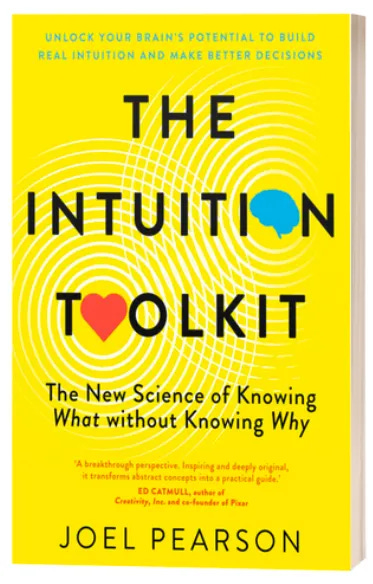Hello my friends,
Have you ever noticed how some people seem remarkably unaffected after experiencing trauma, while others continue to struggle with intense flashbacks and persistent anxiety?
In our recent research at my lab at the University of New South Wales, we've found that the strength of your mental imagery—or your ability to create visual images in your mind—might explain this difference. Specifically, individuals who experience aphantasia, appear to have a reduced likelihood of developing Post-Traumatic Stress Disorder (PTSD). This connection emerges because traumatic flashbacks, a core feature of PTSD, typically involve vivid visual memories. Without strong visual imagery, these distressing flashbacks simply don't occur in the same intense way.
To understand this further, our team conducted two key studies. In the first experiment, we invited participants with typical imagery and those with aphantasia into the lab, where they read emotionally charged scenarios while we measured their physiological responses using subtle skin conductance sensors. Participants with typical imagery showed significant emotional reactions as they visualized these scenarios, whereas those with aphantasia had minimal emotional responses. Importantly, when both groups viewed actual visual images, they reacted similarly, indicating that the difference lies specifically in the translation of words and thoughts into mental images, which then amplify emotions.
In our second, more recent study (now available as a preprint), we simulated a mild PTSD-like condition by showing participants a short, real-life video of a car accident. Over the next week, participants reported their intrusive memories about the video using a digital diary app. Those with typical imagery experienced frequent, emotionally distressing visual flashbacks, significantly impacting their daily lives. However, individuals with aphantasia reported fewer intrusions that were non-visual, less distressing, and less disruptive. These results lead us to wonder if PTSD without visual imagery might constitute a different subtype of the disorder. We're actively investigating this possibility to better understand how mental imagery influences our psychological resilience.
Here’s my latest video in which I deep dive into the relationship between Aphantasia, anxiety and PTSD. Check it out.
I really enjoyed the AMA last week, I hope you got a question in and on the same note, we’ve been having some great discussions in the YouTube comments under the Aphantasia videos, so please watch this one and dive in with comments, questions etc and I’ll do my best to answer as many as I can!!
I would love to hear about any experiences of anxiety, ptsd, with aphantasia, if you are willing to share..
Lets Chat!






With all due respect because I have a ton for you and your research, these simulations of PTSD are not at all close to simulating what happens after experiencing a true traumatic event and absolutely should not be used to draw conclusions about PTSD in people with aphantasia.
I hope you are reaching out to people with aphantasia and diagnosed PTSD to truly understand how these conditions work together. Please also if you haven't already read The Body Keeps the Score. If you have read it, try reading it again. What you are saying is simply not congruent with the research on trauma and PTSD or with the lived experience of people with aphantasia and PTSD.
Trauma is not only relived through images. It is also relived in other senses, in emotions, and through highly disturbing body flashbacks. I also have no voluntary visual imagery but have had highly disturbing visual flashbacks. If you want to learn a bit more please feel free to contact me. Id be happy to share or even help you with researching this. (I'm a scientist in a different field). You are not getting this right. And in many ways having aphantasia complicates the course and treatment of PTSD. Spreading inaccurate information will only delay needed treatment.
Since the diagnostic criteria for PTSD includes visual flashbacks, the much more important question is whether our understanding of PTSD is skewed by a bias towards presumed visualisation. Saying people with aphantasia are shielded from PTSD is as nonsensical as saying we don't have an imagination.
I realise that the study of aphantasia is new, and few people are considering its implications in other conditions. But I'm disappointed that you'd come to this conclusion from the data you've observed, rather than questioning whether the definitions of other conditions are inclusive of people with aphantasia.
Perpetuating this idea prevents people with aphantasia getting the help they need. I struggled for years even recognising that I had PTSD because my lack of visualisation excluded me. Flashback for me are deeply felt, sudden emotional events and altered bodily experiences, and, as I have SDAM too, I often struggled to understand what was going on. Having a flashback is like being screamed at by an angry, silent ghost. It's incredibly destabilising and upsetting, and I've often questioned whether I was losing my mind.
If I'd known that PTSD didn't have to involve seeing things, I would have been able to get support sooner. I'm incredibly grateful to have worked with a therapist who helped me process my trauma, but I've had to do most of this work on my own.
You're right that people respond to trauma differently. But please don't invalidate the experiences of people with aphantasia, as if our lack of visualisation gives us a free pass from being affected by trauma. You do great work, but in this area, you need to do better.